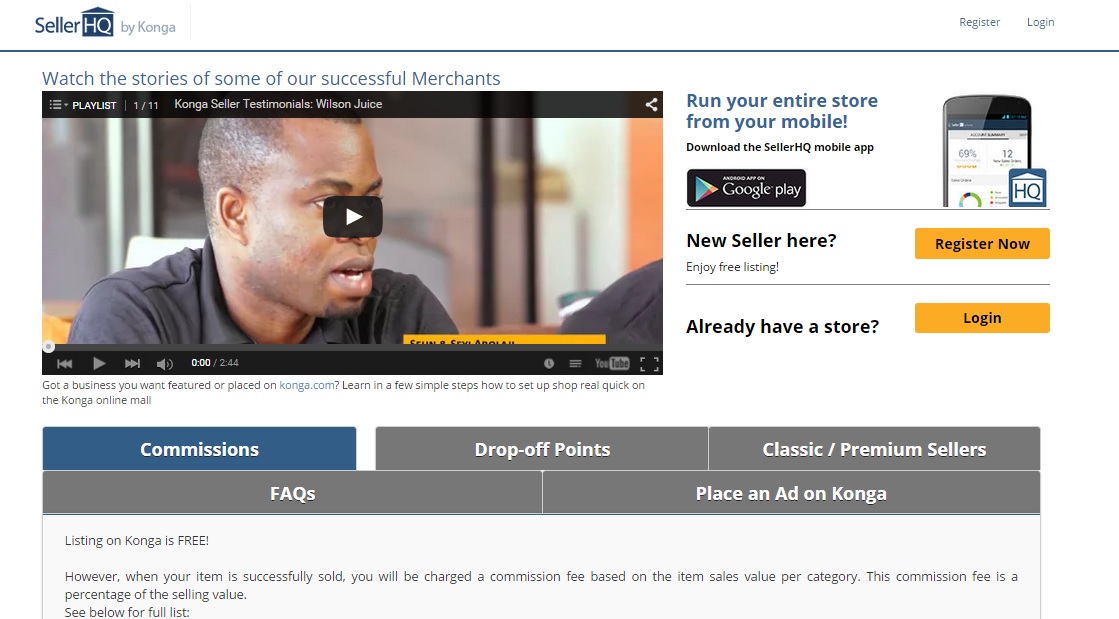Ex-Jumia and Supermart co-founder, Raphael Afeador pointed out the need for more players in the eCommerce sector in Nigeria. The consumer definitely would be on the gaining side when we have more online stores.
In the course of this post, we will not be looking at having more eCommerce platforms. Rather, we’ll be looking at how Small and Medium-sized Enterprises (SMEs) can leverage on available online marketplaces for more exposure and sales. The eCommerce industry in the country is still evolving and facing its numerous challenges from regulations to logistics among others.
Sure, we have heard so many times the need for business to own a website. But does every business actually need one? Especially SMEs? As Gloo founder, Olumide Olusanya affirms, running an eCommerce website on your own, in Nigeria, is extremely tough. So recommending a proprietary online presence for an SME may not be a good idea, considering there are other online marketplaces from where buyers could locate them, with relatively little or no running costs as the case maybe. And with these platforms, you get to sell products even without owning a physical shop or store.
Let’s look at the list:
Jumia MarketPlace
Jumia Nigeria started out as an eCommerce platform with 100% in-house product inventory. But as of this moment, allow business has a form of online kiosk and list their own products.
Konga Mall
With Konga Mall, retails and merchants can create and showcase their products to a much wider audience and customers. Earlier in 2014, Konga opened up the stores for business to list and sell their products.
Kaymu
More like our every own eBay, Kaymu offer opportunities to both individuals and businesses to sell their products – both new and used ones.
GTBank’s SME MarketHub
One of the latest entrants into the sector, SME MarketHub provides both businesses and individuals alike the needed tools to trade online. GTBank through the MarketHub offers an avenue for people to connect directly, buy and sell with much ease. And above it all, it’s free for both the buyers and sellers, and you can list almost anything and everything.
DealDey
DealDey is also another online store in the country that allow business of all sizes to list their products and service. Initially, DealDey did not make the list because the store is solely for products that are offered at a very low price, however, the platform allows the listing of services as well.
I could only recommend it to any SME that’s buying products directly from the manufacturer at a very low price and will be willing to give up not less than 30% of the selling price as a discount. It’s also a good go for service providers since they have control over the pricing of the service they are providing.
What do SMEs stand to gain or lose from using the above listed platform?
The SMEs get more exposure for their products which leads to more sales and revenue, considering that these stores have an already growing customer base. And they can even choose to have the store handle the logistics while they focus more on getting the products ready.
Getting products listed on these platforms means that the SMEs have shops open and operational 24/7, and you only part with a particular percentage of your sales as commissions.
Registering an online presence for your business in this digital age, surely is part of the key factors to the success of the business.






